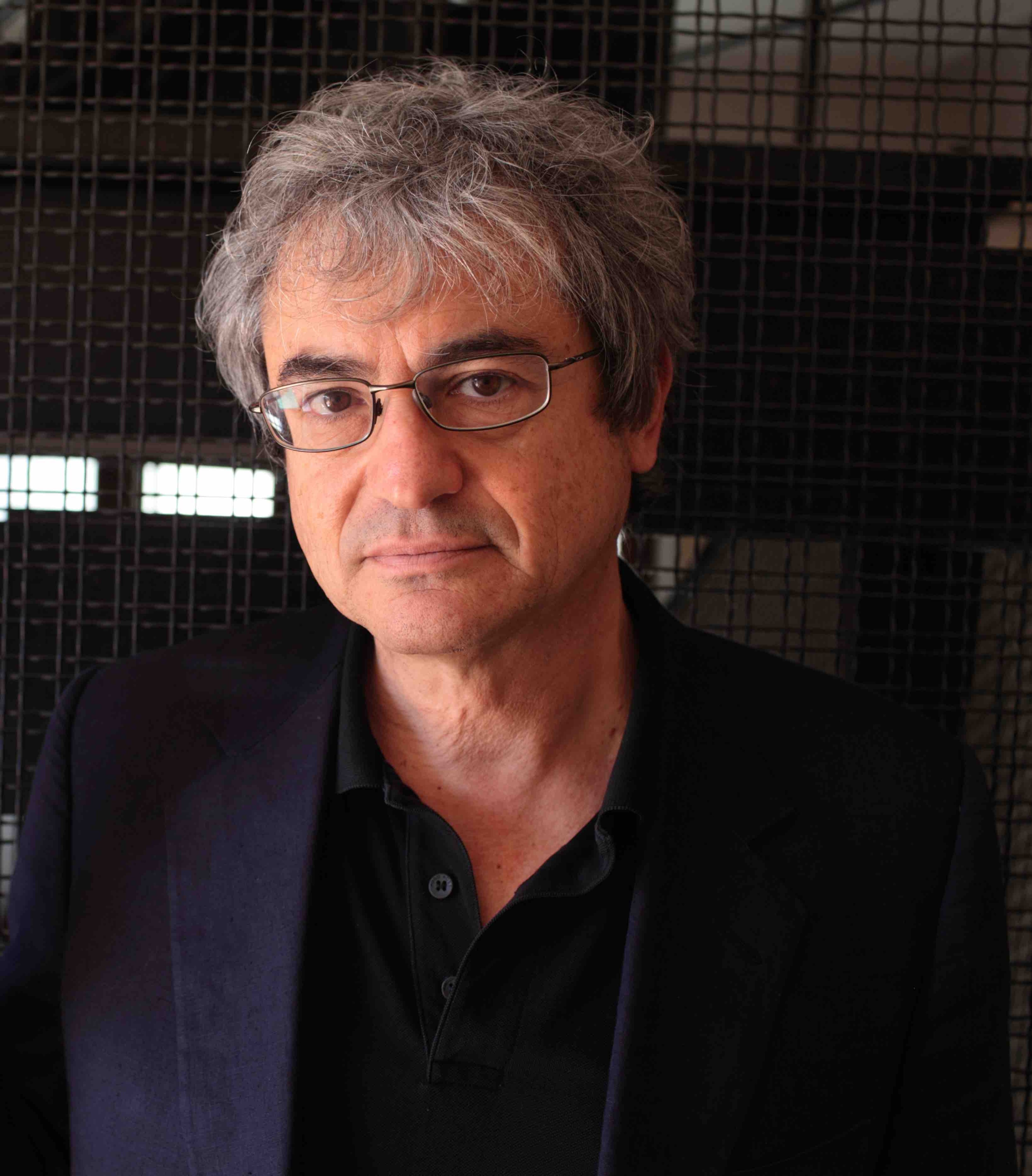Carlo Rovelli

Carlo Rovelli is a world-renowned Italian theoretical physicist and writer who has made significant contributions to the physics of space and time. He has worked in Italy and the United States and currently directs the quantum gravity research group of the Centre de Physique Théorique in Marseille, France, where he has been a professor since 2000. His work is mainly in the field of quantum gravity, where he is among the founders of the loop quantum gravity theory. He has also worked in the history and philosophy of science. Throughout his work, Rovelli posits that “everything exists solely in the way it affects something else.” He focuses on questions of self-understanding, the relationships between science, reality, perception, and society, and the interdependence of all things. He is in constant pursuit of what connects us. Rovelli has written more than 200 scientific articles published in international journals, and he has published two monographs on loop quantum gravity. His books, including Seven Brief Lessons on Physics, The Order of Time, and Helgoland, are international bestsellers that have been translated into more than fifty languages. He collaborates regularly with several Italian newspapers, in particular the cultural supplements of Il Sole 24 Ore, La Repubblica, and Il Corriere della Sera. In his latest book, There Are Places in the World Where Rules Are Less Important Than Kindness, he considers questions of politics, justice, climate change, and how humans live. In 1981, Rovelli graduated with a BS/MS in physics from the University of Bologna, and in 1986 he obtained his PhD at the University of Padova, Italy. He held postdoctoral positions at the University of Rome, the International School for Advanced Studies in Trieste, and Yale University. Rovelli was on the faculty of the University of Pittsburgh from 1990 to 2000, where he was also affiliated with the Department of History and Philosophy of Science. In 2019, he was included by Foreign Policy magazine in a list of 100 most influential global thinkers.